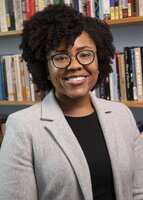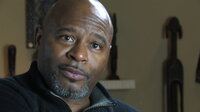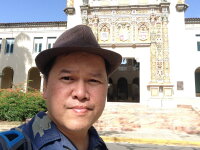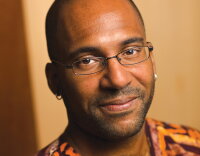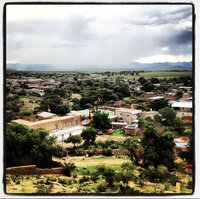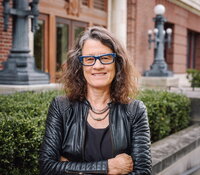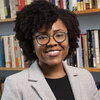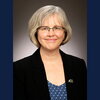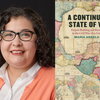
The US History program offers a comprehensive program in U.S. history since 1830, with faculty strengths in histories of race and ethnicity, medicine, sexuality, sports, labor, social policy, and empire, as well as social, cultural, gender, regional (Midwest, South, and far West), urban, environmental, and transnational histories. In the course of their studies, graduate students become familiar with a variety of research methods and analytical approaches, not only within their main field but also comparatively, because all students are required to take some coursework outside their main geographic area. The program provides close and sustained supervision of graduate students in acquiring undergraduate teaching experience.
Campus Resources
Graduate students are encouraged to take advantage of the resources of the University available in a variety of centers, programs, lecture series, and colloquia. The Department of African American Studies, the Department of Gender and Women's Studies, the Department of Latina/Latino Studies, the Department of Asian American Studies, and the Center for Global Studies are among the units that offer excellent opportunities for interdisciplinary training and introduction to scholars in related disciplines. U.S. history graduate students interested in cultural studies have often supplemented their training in the history department through involvement in joint seminars offered with the Department of Anthropology and the programs of the Unit for Criticism and Interpretive Theory and the Humanities Research Institute.
The University Library, the third largest research library in the United States, has outstanding collections in modern U.S. history. It is also a leader in promoting access to digitized newspapers, books, periodicals, and archives.
